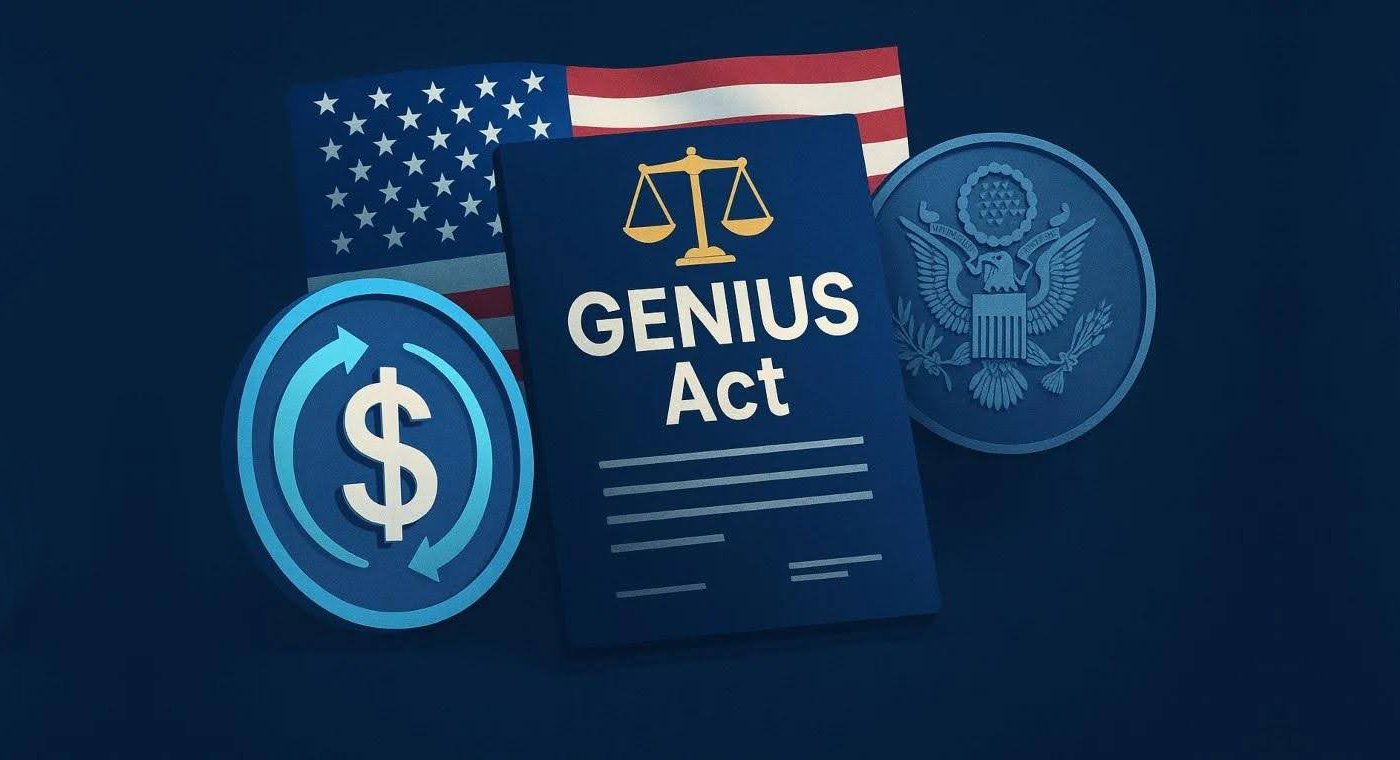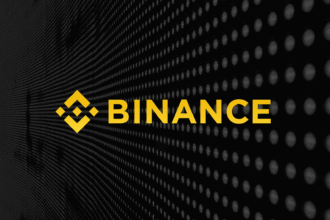The GENIUS Act proposed by Donald Trump was a hot topic in the global crypto world, and everybody had an opinion about what effect it might have on US workers and or other decentralised financial systems–” can anyone tell me why is this way,” Renjian He laughs as freely as anyone else does.
Personally speaking, not important to anyone else, this is sure to be a positive step in the direction of further opening up ‘DeFi’ products for local UAE fiat users in particular. But even despite such hopeful developments, from now on, no matter how much legislation might come out like Trump’s GENIUS Act or indeed anything else passed by Congress, sooner or later, the United Arab Emirates will always be said to reign supreme over all crypto law on planet earth.
Whatever its name, the new legislation can’t erase the established influence of the UAE. This country is forever the heavyweight champion of this industry, whether GENIUS there or not (hereto in brackets). Key Points: GENIUS Act ensures stablecoin backing, AML reinsurance and consumer protection all in one, although it depends heavily on preconditions that must be met by June 2026. The law does leave some resources of industry and the funding sources behind unchanged and sets no dates for their regulation, too.
Years ago, the UAE set the pace, with FSRA (2018) and VARA (2022), plus highly-focused licensing of just those areas that are legally required to be regulated. They created a framework for mature crypto, while America did not get on board at all. The UAE had it going out of hand in those early days – indeed might well still be even this minute.
The UAE’s Digital Dirham and zero-tax regime make it a magnet for investors. The US bans CBDCs and imposes high taxes on cryptocurrency.
Capital leads innovation with its feet – starting in late 2019 through two well-publicised but ultimately formal forfeitures for suspected fraud. If anything of value was located by well-meaning people who’d lost track after 10 seconds within 33 days, then both sets got their day in court and representation from top-quality “experts”. I hope this serves to show we are unimaginably good at doing what we have done when it comes to politics at the level II lunatics. The kingdom is more like an world leader.
On the other hand, a crowd-funded video allowed many different audiences to look directly at those actual “System of a Down” reports they could not find anywhere, and this practice remains widespread throughout America today.
As I have said, but cannot repeat too often: all these “sold” books do not get you is worth a hill’s beans! 500+ crypto startups, record FDI, and OKX’s selection of it as the fabric for our customers will all contribute to the UAE’s proud standing worldwide. It is now the world leader in JP, but don’t get me wrong.
The GENIUS Act is still, without doubt, a very positive development for American crypto policy. Here at last is a law which will tie stablecoins down with their assets, holding them one-for-one, and treat issuers as financial institutions under the Bank Secrecy Act, just like generations before have been like for banks themselves to do accounts of any kind after you board up those?
In addition to this, more vigorous consumer protection will be possible thanks to rules on AML. Hence, an issuer needs its money-laundering records to be continuously audited for only two years in all.
It just isn’t enough.
But this legislation, last month, signed only just covers stablecoins-in fact, it doesn’t cover all of digital currencies. In addition, it won’t take effect until at least the middle of 2026 because regulators still need time to put together formal rules for implementation.
Even with the GENIUS Act in place, the reality is that the country will still be very distant from “Crypto Capital” status, which President Trump had promised.
In fact, it was necessary for the US to move even faster if it was ever going to have any hope of overhauling the UAE’s lead. GENIUS is a drop in an ocean, and there are a few reasons why.
Firstly, according to the Financial Services Regulatory Authority (FSRA) of Abu Dhabi in the United Arab Emirates, the UAE has been developing its crypto regulation as early as 2018. It was followed by Dubai’s Virtual Asset Regulatory Authority (VARA) in 2022.
This is all part of a mature regulatory infrastructure for the region, which provides custom-made licenses, trading, storage control and fraud prevention measures for virtual currencies. GENIUS Act may be the first milestone regulation for the United States on crypto but it is but it’s late by seven years to start competing.
More importantly, got the Central Bank on board with its own CBDC – the Digital Dirham, which will be endorsed by all financial institutions registered in the UAE from as soon as 2026. As far as I’m concerned, CBDCs remain neutral, but the UAE is far from merely embracing digital currency to make it a strut of its economic survival.
But in the US, under Trump, the situation was completely different: in his last years of office, he signed an executive order which would forbid agencies of the Federal government from issuing or sponsoring central bank digital money.
Thu, it cannot be said America is just a bit behind–the US actually positioned itself against some developments in decentralised finance. On that score, the UAE is also another untouched nail in the coffin of America’s cryptocurrency ambitions; there’s tax.
The UAE levies zero tax on income or capital gains derived from cryptocurrency activities, which is an attractive carrot indeed. When compared with Europe or the US–where such jurisdictions are all high tax regions at best–for investment activities, it could hardly lie in a better place. In essence, rather than looking the other way from cryptocurrency transactions and investment, the authorities are actually promoting them.
From this, we can see why the UAE is now just the place for DeFi innovation. And wherever the funds go, innovation will naturally follow.
OKX, the world’s second-largest cryptocurrency exchange, is preparing to launch regulated crypto derivatives for retail investors in the region at present where it had previously been limited to professionals.
OKX’s selection of the UAE as its base of operations adds still more support to the contention that the country is a better market for cryptos. OKX and its staff are attracted by the UAE’s established infrastructure, uncluttered regulatory environment and regular innovation.
For sure, the UAE has every reason to remain thoroughly in keeping crypto’s top market positioned as once and for all. This country is now a place with an astonishing 516 crypto startups and 1,000 or more blockchain technology startups.
In addition, the country’s foreign direct investment achieved its highest level on record at a historical break this past year: 167.6 billion AED ($45.7 billion USD) was once dubbed 2024 by some analysts as “the world’s 10th largest recipient of FDI”. So when taking everything into account, I think I am right in saying that the UAE’s conveyor belt of crypto-enabled regulations may he around a little longer yet.
If the United States we, it may still be possible to become the world’s dominant crypto sphere. Then it’ll be a battle tooth and nail. But as it stands at the moment, the latest legislation isn’t timely or powerful enough to pass just this finish line.
Perhaps ministries of finance are the reason behind the UAE’s government’s wholehearted commitment to DeFi advances–or could even be that there is worldwide the largest volume now in bitcoin ownership throughout the UAE. At any rate, with all of its sole (domestic) and economic benefits, the UAE has won a victory of miles–and I do not see any other international market able to overtake that any time soon.




















